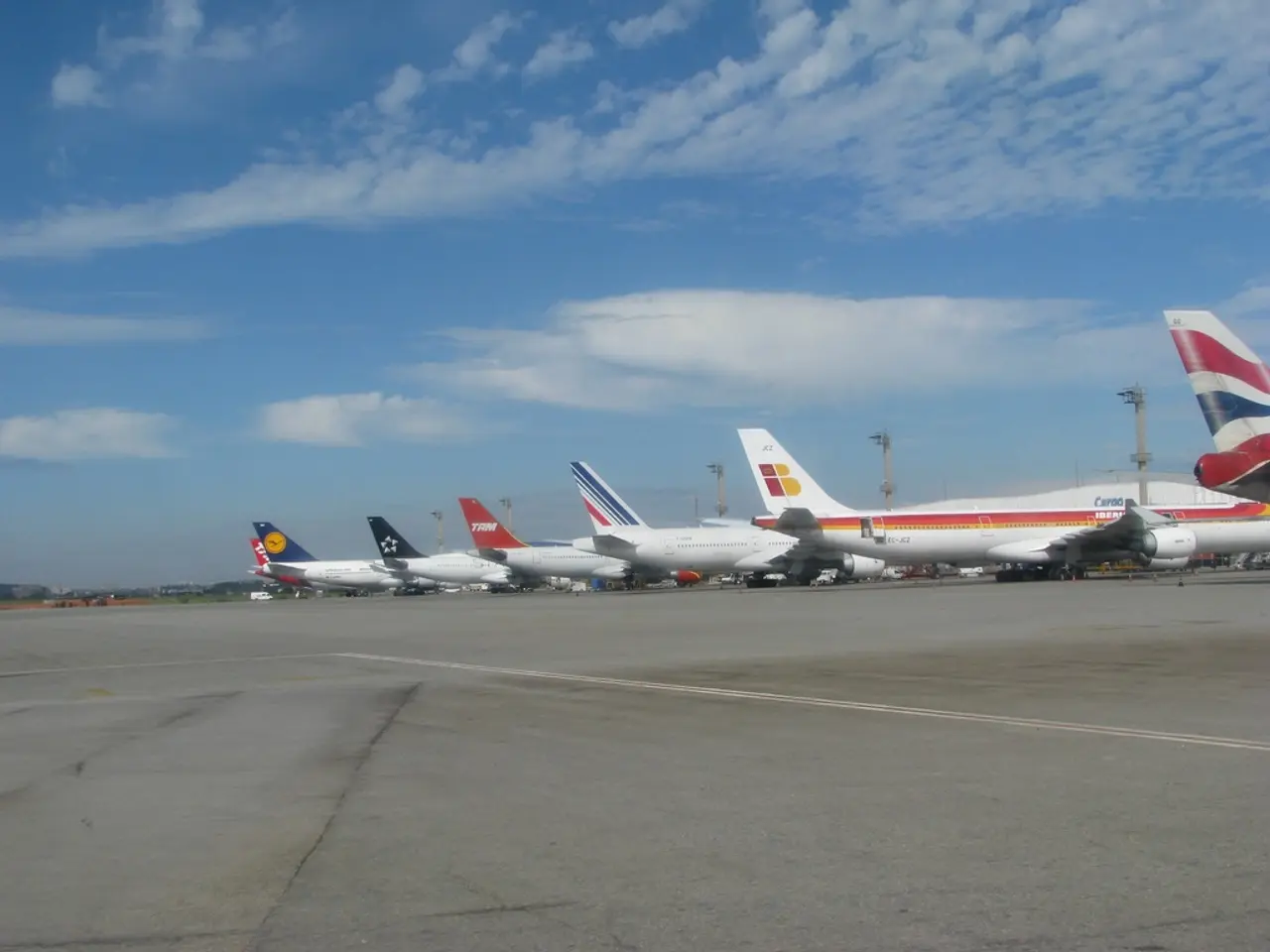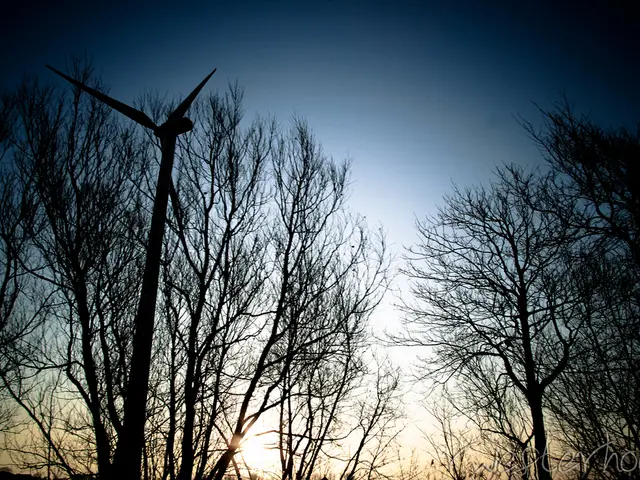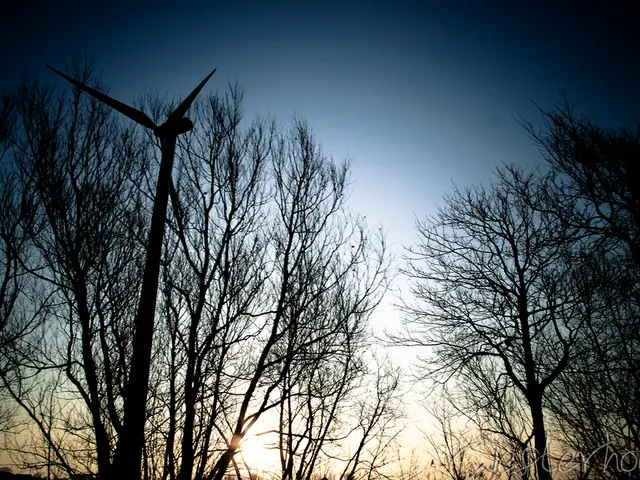Amazon sets to launch its Project Kuiper internet service in five countries by early 2026
In a significant step forward for its satellite internet service, Amazon's Project Kuiper launched its first batch of satellites into low Earth orbit in April. This marks the beginning of a constellation that aims to rival Elon Musk's Starlink.
The journey, however, has not been without challenges. The Kuiper team has faced difficulties in ramping up satellite production and delays in launches due to its reliance on commercial providers. Despite these hurdles, Project Kuiper has completed four successful launches so far, with another deployment scheduled for later this month.
Kuiper Vice President Rajeev Badyal recently demonstrated the system achieving download speeds of 1,289 Mbps, a promising sign of the service's potential. The company is planning to launch Project Kuiper, its satellite internet service, by the end of Q1 2026, with the service initially covering the U.S., Canada, France, Germany, and the U.K.
Amazon's Project Kuiper has secured more than $100 million from the U.S. government's Broadband Equity, Access, and Deployment (BEAD) program, further bolstering its efforts. The FCC requires Project Kuiper to have at least 1,600 low Earth orbit satellites in orbit by July 2026. The first operational launch of 27 satellites began on April 28, 2025, with additional launches continuing to build the constellation ahead of this deadline.
In a strategic move, Amazon's Project Kuiper and JetBlue have announced a partnership for in-flight Wi-Fi, making JetBlue the first airline to do so. Amazon has struck a deal with JetBlue, which will use Kuiper satellites to power in-flight Wi-Fi starting in 2027.
Project Kuiper aims to expand its service to cover up to 26 countries by the end of 2026, and it plans to reach the equator in 2027 and achieve full global coverage, including the poles, in as many as 88 to 100 countries by 2028. This ambitious plan positions Amazon's Project Kuiper as a formidable competitor in the satellite internet market.
As of last month, Starlink, Kuiper's foremost competitor, has surpassed 7 million users across 150 countries and territories. Despite this, Amazon remains undeterred, pressing on with its mission to bring high-speed, reliable internet to remote and underserved areas worldwide.
Amazon's President of Government Solutions for Project Kuiper, Ricky Freeman, stated this at the World Space Business Week event in Paris. By the end of 2022, Amazon aims to have more than 200 satellites in low-Earth orbit to support the commercial rollout, indicating a steady progression towards its goals.
The U.S. Federal Communications Commission requires Amazon to deploy approximately 1,600 of its 3,236 planned satellites by the end of July 2026, with the rest to be launched by July 2029. With four successful launches under its belt and a strategic partnership with JetBlue, Amazon's Project Kuiper is well on its way to becoming a major player in the satellite internet market.
Read also:
- Fragrance imports from Kaş might have been among Europe's earliest bottles discovered.
- Tech mogul Erik Bergman, founder of Great.com, contributes a million dollars to clean water initiatives in Africa.
- Transformed landscape governing intelligent electrical systems
- Internet disturbances persist on mobile networks in Krasnodar Region for a second consecutive day








